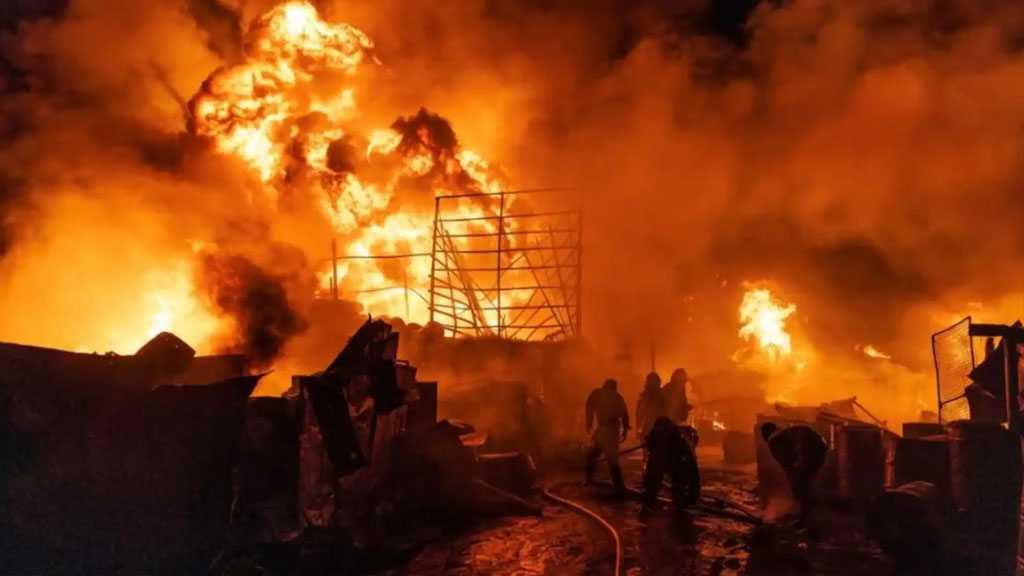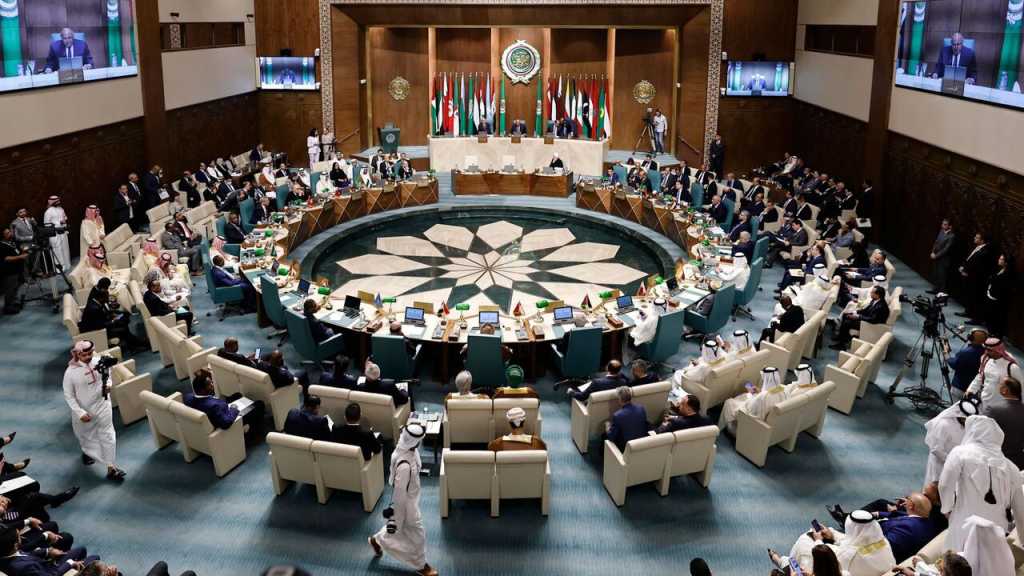
Tunisia Bans 6000 from Fighting in Syria, Starts Talks with Opposition
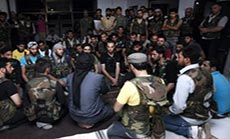
Local Editor
Tunisia banned 6,000 of its citizens from travelling to Syria since March 2013 and arrested 86 individuals suspected of forming "networks" that send Tunisian youth for the so-called "jihad" to Syria.
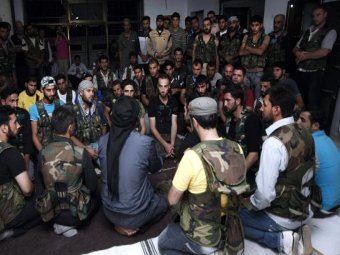
In this context, Tunisian Interior Minister Lotfi Bin Jeddo hit back at human rights groups criticizing the government's decision to ban suspected "jihadists" from travel. Most of those slapped with travel bans were less than 35 years old, he said.
"Our youths are positioned in the frontlines and are taught how to steal and raid Syrian villages," Bin Jeddo said.
On another level, the arrest of the military commander of the so-called Ansar al-Sharia organization Mohammad al-Awadi enabled Tunisian security to access important information about terrorist operations and assassinations that was planned by the organization.
The sources pointed out that the organization was planning to assassinate Prime Minister Ali Al-Arid and Secretary-General of the Labor Union Hussein Abbasi.
Al-Shorooq newspaper quoted posted on its website confessions of Mohammad al-Awadi , known as Tawil [Long], one of the most dangerous terrorist members in Tunisia and the military commander and the second-man in charge in the banned Ansar al-Sharia who was arrested in the western suburbs of the capital.
Awadi admitted that he was the main supervisor of the planned assassination of three important figures of Sousse: the writer Olfa Youssef, the political Kamal Marjan and the journalist Um Ziad.
He also admitted that six militants belonging to Ansar al-Sharia were to implement the murder.
Politically, an-Nahda Islamic movement agreed upon the new road map to get country out of political crisis, providing for a first national dialogue session in the presence of the President, the Speaker and the Prime Minister, as well as officials of political parties.
An-Nahda had already accepted the negotiation plan after expressing some initial reservations it said would be discussed during talks.
Source: News Agencies, Edited by website team
- Related News
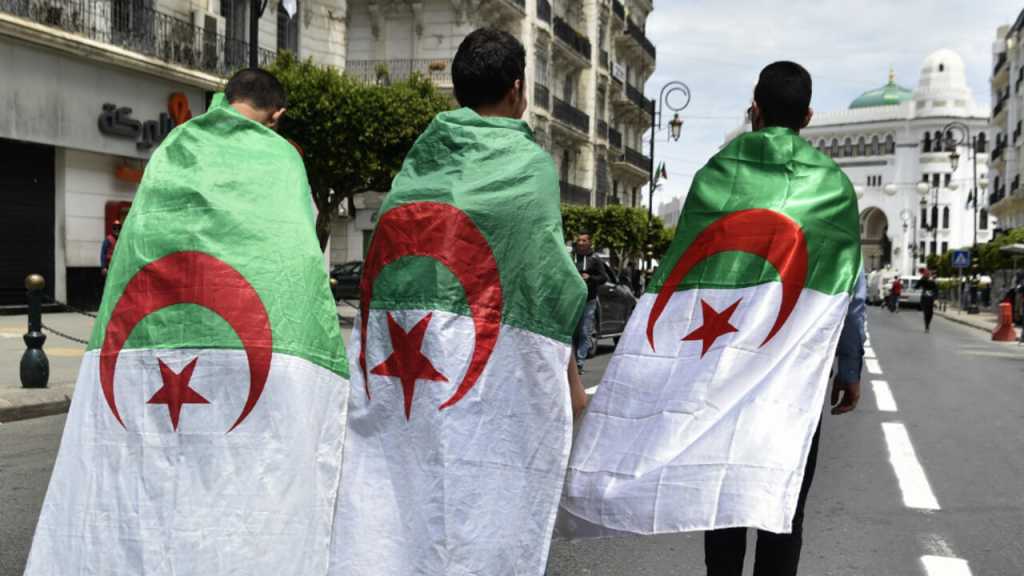
Algeria: Tebboune Wins 2nd Term in Landslide Victory
2 months ago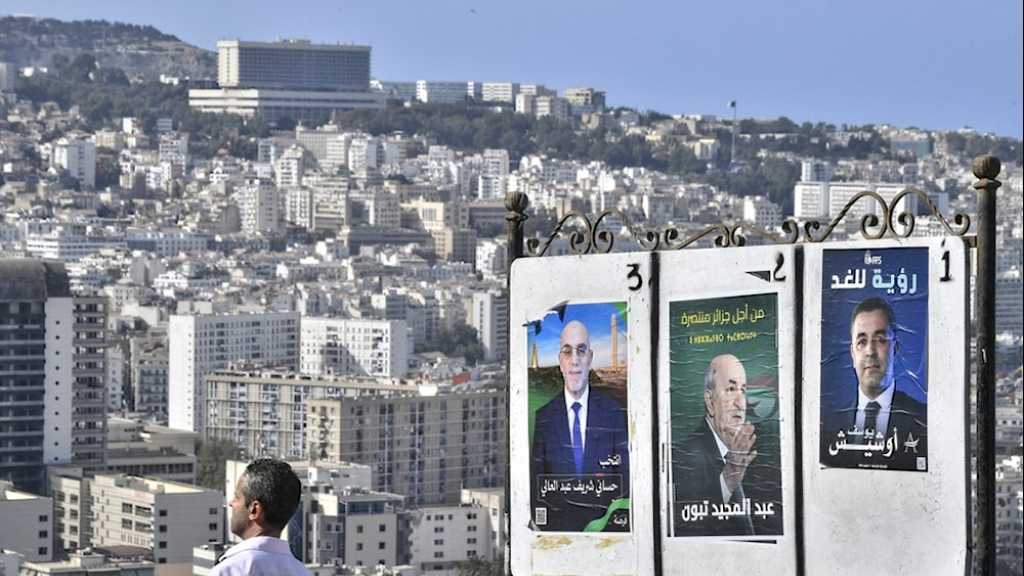
Algerian Elections: Tebboune Eyes New Term
2 months ago